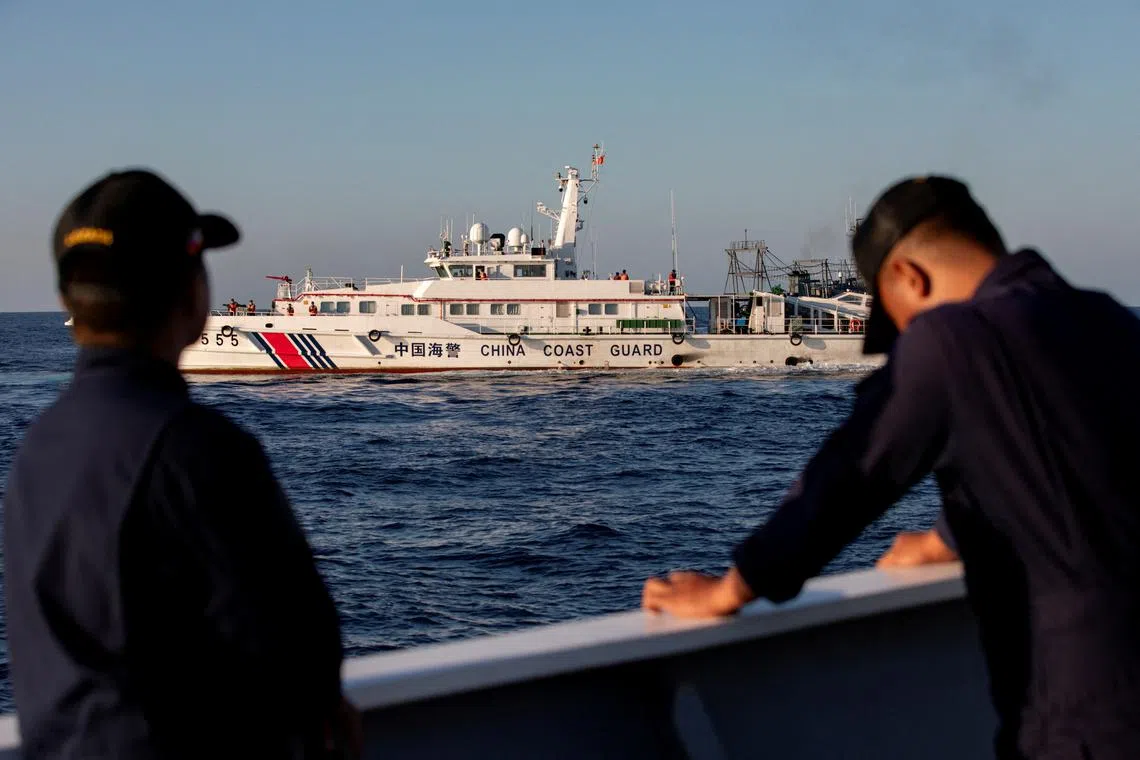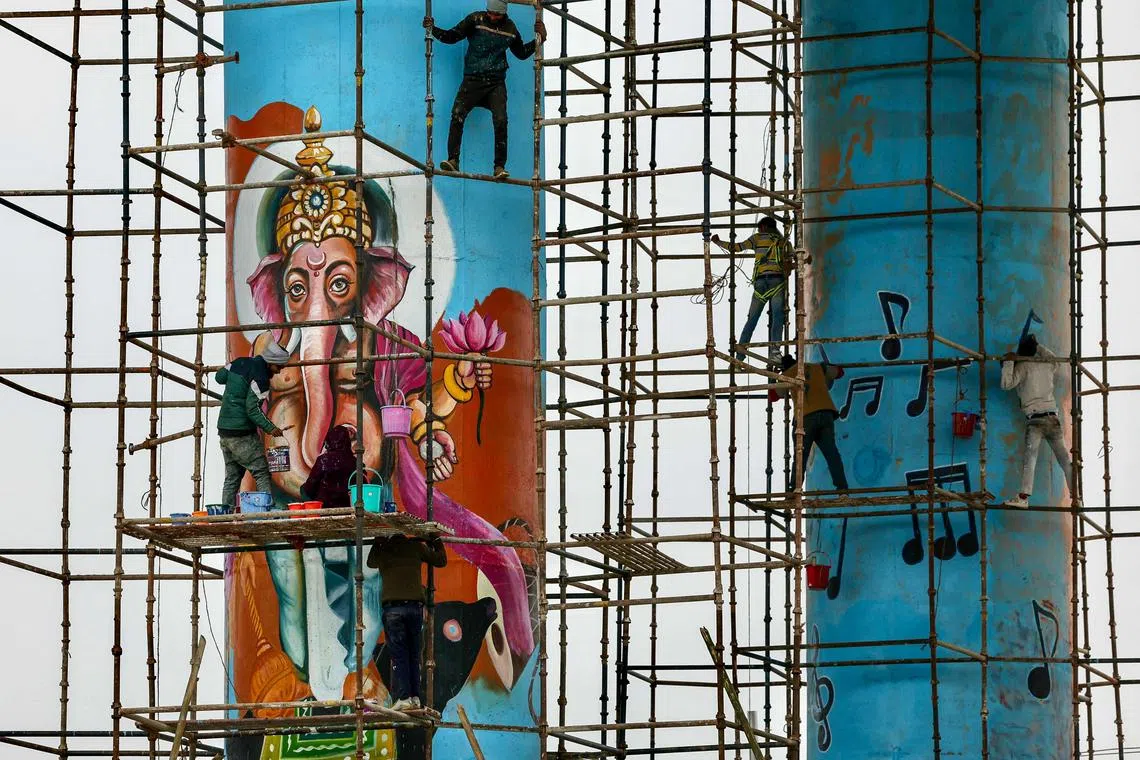On December 24, Pakistani forces launched air strikes in Paktika, the eastern province of Afghanistan bordering Pakistan’s tribal district of South Waziristan. Pakistan’s security officials claimed that the bombed locations were camps belonging to the banned Tehreek-e-Taliban Pakistan (TTP), alleging that these airstrikes killed and wounded several suspected terrorists. Pakistani officials added that the TTP camps in the areas of Barmal district were targeted, which included the camp used by the head of the TTP’s media wing, Umar Media, Sher Zaman alias Mukhlis Yar, Commander Akhtar Muhammad, and Commander Abu Hamza.
However, Zabihullah Mujahid, the Taliban government’s spokesman, said that Pakistan carried out strikes in four areas of Paktika’s Barmal District. According to Mujahid, “The total number of dead is 46, most of whom were children and women.” He added that six more people, mostly children, were injured in these strikes.
This was not the first time in 2024 that Pakistan carried out strikes inside Afghanistan, claiming to be targeting TTP hideouts. Last year in March, Pakistani forces carried out air raids inside Afghanistan, but Afghan officials claimed that eight people were killed including five women and three children. However, there was no retaliation after the March strikes, unlike these latest bombings, which provoked an attack from the de facto Taliban government in Afghanistan.
After the strikes, the Taliban regime warned that they would hit back. Taliban’s Defense Ministry said that its forces targeted several points inside Pakistan on December 28. The Defense Ministry statement did not specifically mention Pakistan, but said that strikes were “beyond the hypothetical line,” referring to the disputed border with Pakistan. Afghanistan authorities have rejected the border between Pakistan and Afghanistan drawn by British colonial authorities in 1893 – known as the Durand Line – since the former’s establishment in 1947.
The Taliban statement said, “Several points beyond the hypothetical line, serving as centers and hideouts for malicious elements and their supporters who organized and coordinated attacks in Afghanistan, were targeted in retaliation from the southeastern direction of the country.” Upon asking whether the statement referred to neighboring country Pakistan, Enayatullah Khowarazmi, the Taliban Defense Ministry’s spokesman, said, “We do not consider it to be the territory of Pakistan, therefore, we cannot confirm the territory, but it was on the other side of the hypothetical line.” The ministry statement did not mention any casualties in its strikes. It has been reported that 19 Pakistani troops and three Afghan civilians were killed in these attacks, but there has been no confirmation of these figures from Pakistani officials.
According to Pakistani sources, Pakistan’s border posts with Afghanistan in the areas of Tari Mengal, Kot Ragha, Matha Sangar, and Ghozgarhi in the Upper Kurram district were targeted by Afghan forces. One Frontier Corps (FC) soldier was killed, and 11 others were injured. Both light and heavy weaponry were used in these attacks. Heavy losses were inflicted on Afghanistan’s side as seven to eight personnel of the Afghan forces were killed in retaliatory fire from the Pakistan side, as claimed by the Pakistani officials. Officials also claimed that these attacks were infiltration attempts into Pakistani territory made by militants using posts controlled by the Afghan Taliban, but the retaliatory fire thwarted the attempts.
It is significant to note here that Pakistani forces carried out attacks inside Afghanistan at a time when both countries were engaging in diplomatic interactions. A Pakistani delegation led by Pakistan’s special representative for Afghanistan, Ambassador Muhammad Sadiq, met the Taliban regime’s Foreign Minister Amir Khan Muttaqi in Kabul on the same day as the strikes took place. A day before this meeting, Sadiq also met Sirajuddin Haqqani, the interior minister of the Taliban regime, during his visit to Kabul. “During the meeting, a range of bilateral issues of common interest were discussed. Both sides agreed to strengthen bilateral cooperation in various fields to further enhance the fraternal relations between the two countries” Sadiq said in a post on X.
Lately, both countries have been engaged diplomatically to strengthen bilateral ties. Last year on December 9, Pakistan’s Deputy Prime Minister and Foreign Minister Ishaq Dar and Afghan chargé d’affaires Sardar Ahmad Shakeeb held a meeting. A few days before that, Taliban Defense Minister Mullah Yaqoob and Pakistan’s chargé d’affaires in Kabul Obaid Nizamani also held a meeting in which they reportedly discussed strengthening ties and expanding bilateral cooperation. Pakistan’s Foreign Office claims that counterterrorism remains central to talks between both countries.
Despite these high-level diplomatic interactions, the Pakistani attacks seemed to give qualms. When asked about this, Pakistan’s Foreign Ministry spokesperson Mumtaz Zahra Baloch had this to say:
These operations are carefully selected and are based on authentic and concrete intelligence. We respect the sovereignty of Afghanistan. We have always prioritized dialogue and cooperation with Afghanistan to confront the terror threat. We hope that Afghanistan will prevent the use of its territory for any terror attacks against Pakistan. We believe that terrorist groups like [the] TTP are a collective threat to regional peace and security. It is therefore important for us to work together to combat the threat posed by [the] TTP. I would like to add here that Pakistan believes in dialogue and diplomacy.”
It is unclear whether the Pakistani delegate visiting Kabul was aware that Pakistani forces would carry out strikes inside Afghanistan while they were holding meetings with the Taliban leaders. It seems, nevertheless, that these two events are mutually exclusive.
When the Taliban took over Kabul during the summer of 2021, it was presumed that Pakistan would eventually have leverage in Afghanistan. However, the short-lived dream came to an end soon after the Taliban regime’s hardline stance became clear. Despite Pakistani measures such as increased taxes, higher tariffs, and border closures, the Taliban have not given up on sheltering the TTP, which poses a serious threat to the state of Pakistan. The Taliban’s nonchalant behavior toward the TTP issue stems from the latter’s support of the group and allegiance to Taliban leaders, which began with Baitullah Mehsud – the first leader of the TTP – in 2007 and continues under its current leader Mufti Noor Wali Mehsud, who pledged his allegiance to the Taliban Supreme Leader Mullah Hibatullah Akhundzada. Thus, Taliban action against TTP is very unlikely in the near future. This will continue to impair relations between Pakistan and the Taliban, unless the Taliban decide to deal with the TTP issue.

 By The Diplomat | Created at 2025-01-07 14:35:25 | Updated at 2025-01-12 05:18:07
4 days ago
By The Diplomat | Created at 2025-01-07 14:35:25 | Updated at 2025-01-12 05:18:07
4 days ago








